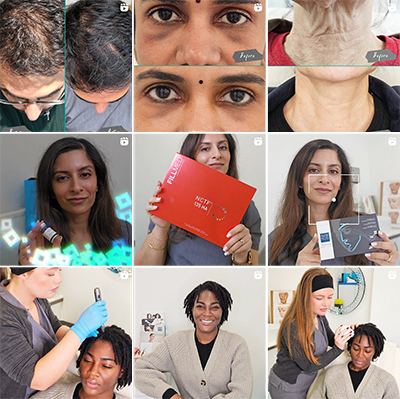Dry skin is a prevalent condition whereby the skin fails to retain the sufficient moisture it needs. Even if your skin tends to be oily, you can develop dry skin from time to time. Common symptoms of dry skin include inflammation, itching, cracked, flaky or red skin.
It’s important to note, dry skin can affect any part of the body. It can also be due to a number of factors, such as a pre-existing medical condition, changes in weather or diet, medication, and changes in skincare products. For example, a harsh detergent may strip oil and moisture off your skin and cause it to dry out. Researcher shows that in some instances, dry skin can be inherited. In rare cases, dry skin can be caused by an allergic reaction or eczema, and if left untreated, the skin may result in irritation, inflammation, and skin infections.
It is a good idea to avoid taking long hot showers/baths as they dry the skin further. Remember to pat dry and not rub the skin when drying so as to retain some moisture. Don’t forget to apply a good hydrating serum or moisturiser immediately after bathing.
Staying hydrated by drinking plenty of water can also help ease dryness.
For dry skin, it is always best to avoid products that contain fragrance, alcohol, parabens or sulphates as this can dry the skin out further, causing irritation.
Hot, dry, indoor air can trigger dry skin and worsen itching and flaking. Using a home humidifier will add moisture to the air inside your home.












